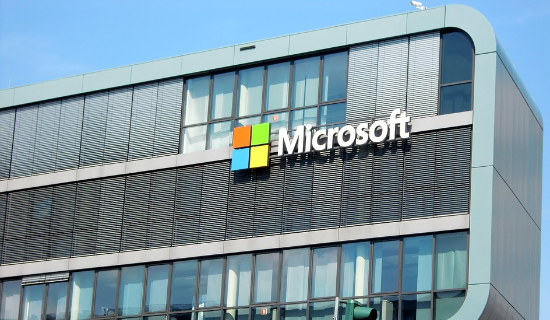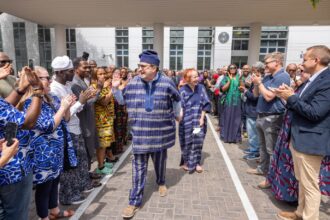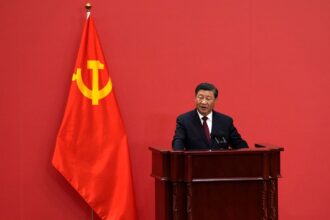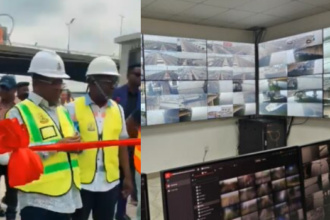
Nigeria is poised to emerge as a global leader in artificial intelligence (AI), according to Mr. Abideen Yusuf, General Manager of Microsoft Nigeria and Ghana. Speaking to journalists in Lagos, Yusuf highlighted the country’s growing potential, asserting that with strategic investment in infrastructure and human capital, Nigeria could move beyond isolated “pockets of innovation” to become a major producer of AI solutions.
Yusuf emphasized that AI represents a massive economic opportunity globally, projected to contribute \$15 trillion to the world economy by 2030. He noted that Nigeria, with its vibrant tech ecosystem and a youthful population, is uniquely positioned to benefit from this transformation — provided that it invests in creating a strong AI ecosystem and an AI-ready workforce.
He pointed to Lagos as a demonstration of Nigeria’s innovation capacity, citing its rapid growth in startups and venture capital activity. However, Yusuf warned that replicating this success nationwide will depend on addressing key infrastructure gaps — especially in reliable electricity and robust data centre networks.
Microsoft, he explained, is already supporting Nigeria’s digital growth by establishing the first Microsoft data centers and edge nodes in Africa, located within the country. These assets are intended to provide faster network speeds and better access to cloud services — critical infrastructure for deploying AI solutions at scale.
While infrastructure is foundational, Yusuf stressed that Nigeria’s future in AI hinges just as much on talent. With Africa expected to account for 42% of the global youth population by 2030, he sees this demographic as a powerful driver of the continent’s digital transformation.
He praised the Federal Government’s 3 Million Technical Talent (3MTT) programme, aimed at creating millions of digital jobs, as well as Microsoft’s partnerships with organisations like the Wootlab Foundation to deliver AI-focused training. These efforts, he said, are crucial to bridging Nigeria’s AI skills gap and enabling inclusive economic growth.
Nigeria’s commitment to AI is also reflected at the policy level. The Federal Ministry of Communications, Innovation, and Digital Economy has recently released a National Artificial Intelligence Strategy, which is under review by relevant Ministries, Departments, and Agencies (MDAs). Once finalized, it will serve as the blueprint for Nigeria’s AI development.
The government has also launched the AI Collective, a collaborative platform that brings together researchers, innovators, and policymakers to work on AI projects, host hackathons, and drive inclusive growth in the AI sector. Additionally, Nigeria has introduced its own Large Language Model (LLM) trained in five low-resource African languages and accented English. This initiative aims to improve language representation in AI development and ensure local relevance in future AI tools and solutions.
Yusuf concluded that Nigeria’s ability to lead in AI innovation depends on a dual investment — in digital infrastructure and in people. With the right focus and sustained collaboration between the public and private sectors, he believes Nigeria is well on its way to becoming not just a consumer of AI, but a global force in creating AI solutions tailored for the world.
Source: https://nairametrics.com/








